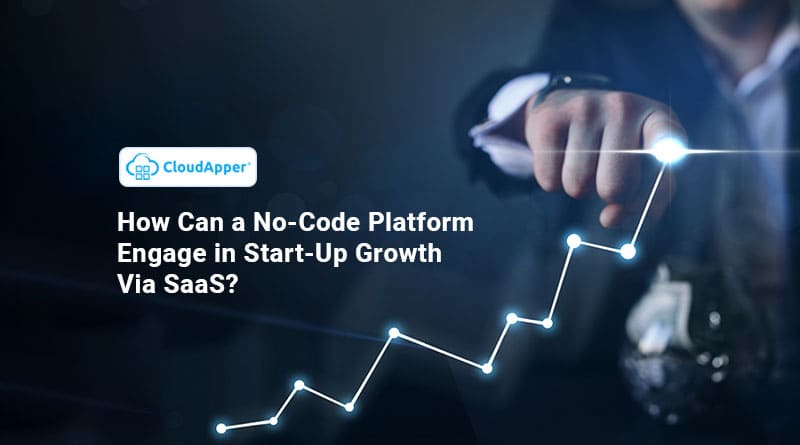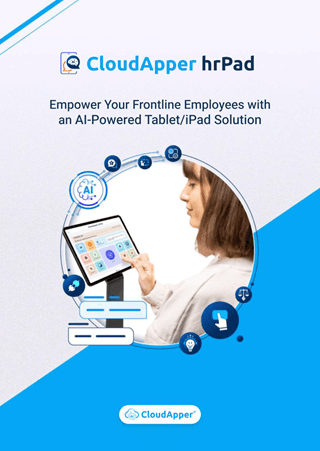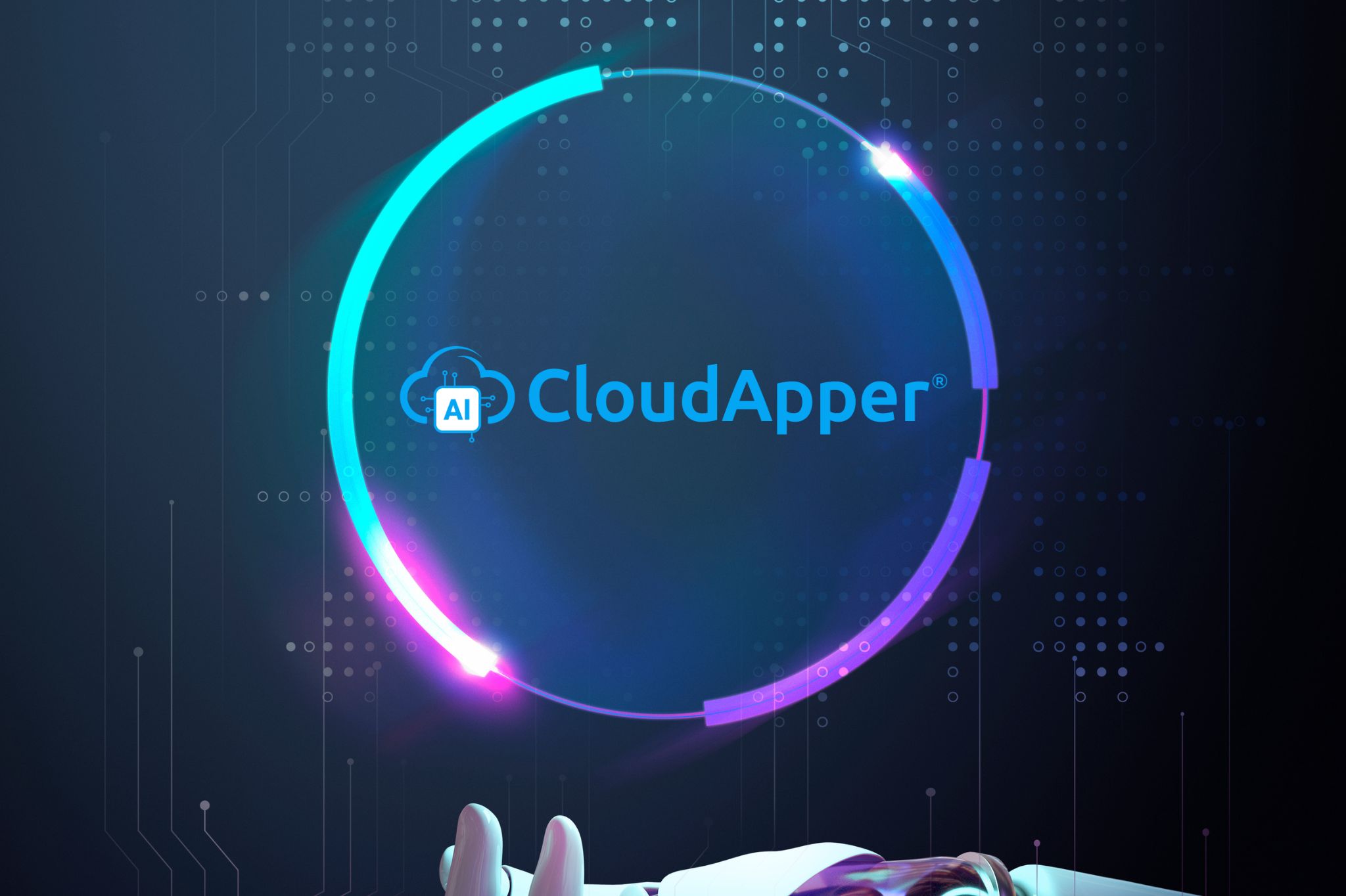Table of Contents
In an age where technology is transforming the globe, it is more critical than ever to have a scalable, cost-effective method to ensure your start-up growth.
As the proverb goes, Rome was not built in a day—nor were any other great businesses. Numerous factors must be in place for a business to succeed, but one of the most critical is a successful product that appeals to its consumer base.
Everything is Now a Service
As previously said, every service that can be performed online may now be performed as a service. It’s easy to forget that the computational skills that enable today’s goods were formerly the domain of wealthy governments and corporations.
What was previously a costly luxury has become a service, and it’s only a matter of time before every invention becomes a service. This revolution in ‘as-a-service’ is reshaping what we get enthusiastic about, what we reassess, and how we choose to spend our happiness.
As automation, algorithms, bots, and artificial intelligence become more prevalent in many service industries, an increasing number of businesses are subscribing to their fundamental services. These services range from transportation to accountancy, machine learning, and digital marketing.
How Can A Business Be Transformed?
The requirement for digital transformation for survival and development has created additional hurdles, such as the investment and gestation period required to complete digitization initiatives.
The philosophy is to alter the business in order to adapt to current and future circumstances, by using digital transformation at a cheap cost without sacrificing quality, and most importantly, in a timely manner. While this is true for all businesses, it is especially critical for startups and SMBs that lack the resources and time to spend to avoid becoming obsolete.
Entrepreneurs, business owners, and CEOs are largely technology agnostic. They are unconcerned with the language used to write the program or the platform on which it is constructed, even if they are techies or tech-savvy. What the firm is often looking for are answers to the pain points that are now impeding its profitability and development, as well as ways to continue that trajectory in the future.
What Is the Importance of SaaS for Startups?
When we hear the term “start-up,” we immediately think of technology firms, albeit this is not always the case.
There are three types of technology start-ups: those that use technology to run their businesses—such as Ola, Oyo, Paytm, Zomato, Netflix, Airbnb, and MakeMyTrip—referred to as digital business models; those that provide technology as a digital offering to support their core business, such as healthcare or hospitality; and those that develop applications to help other businesses, large and small, manage their operations.
While digitalization of business processes and operations is critical for startups to survive and thrive, many cannot afford to create them in-house during their early phases. What are they going to do then?
Startups cannot approach the market’s established players nor can they approach a startup SaaS developer in the early stages. They want applications rapidly and inexpensively, with a focus on OPEX rather than Capex. Then how are they to meet their company objectives efficiently and at a minimal cost?
Solutions to the SaaS Supply Chain’s Pain Points
Before we attempt to address the preceding question, consider this as an SME SaaS supply chain issue.
While SMEs cannot ignore the need for digital transformation, cash flow dictates their actions, trapping them in a vicious circle. The purpose of implementing all the transitional problems is for profits to begin on the first day, which is precisely what occurs.
Profitability is equivalent to watering down one’s expectations when it comes to a start-up.
As previously stated, a start-up is a fresh business concept. It is a lengthy and collaborative endeavor involving a large number of individuals. A start-up requires a large number of staff to work concurrently.
What’s needed are tools that enable them to construct the application fast and at a low total cost of ownership (TCO), without the need for expensive personnel or large initial investments.
CloudApper has launched a no-code application development platform with tools to assist SaaS startups and small businesses in developing apps to operate and manage their enterprises, guiding their businesses toward growth and profitability.
The elegance of our SaaS Builder Platform lies in its simplicity:
- Greater adaptability compared to an on-premises solution.
- Immediate access and increased scalability.
- Economic viability.
SaaS Builder and Startup Opportunities
Here are some pointers for developing a SaaS application:
- The SaaS model allows you to deliver to reliable and consistent customers who are ready to subscribe to certain materials but not all.
How do you determine whether the services you provide are suitable for the SaaS business model? The SaaS business model is best suited for applications that provide obvious and recurring advantages to customers, provide monetary value to clients, and are acceptable to a broad audience.
- Many developers and app owners are so focused on SaaS marketing that they overlook a critical source of real-world evidence: the competition.
Market research is a necessary component of every organization. When analyzing your competition, consider not just what they did well, but also what they did wrong. Examine your platform for service or feature gaps that you can close to offer value and earn clients.
- Selecting a technological stack for your SaaS application is like selecting building materials for a home. Your technology stack is the foundation upon which your apps are built and run.
Choose your tool carefully to meet your requirements, since it is critical to analyze your scalability, possible advantages, and initial costs prior to selecting a platform.
Don’t Put Your SaaS Startup on the Backburner
The SaaS developer and the end-user firms do not need to be startups. They might be established or fledgling businesses. Though the CloudApper No Code App Builder platform is geared toward startups as end-users due to the latter’s necessity for less expensive, quicker, and simpler requirements, it may also be utilized effectively by larger companies.
Note that the no-code development platform is a novel concept, and there are presently no comparable solutions on the market. Although there are other similar platforms and solutions available, they are primarily aimed at and designed for big end-user clients and are rather expensive.
In that regard, CloudApper No Code App Builder is an innovative concept designed to assist entrepreneurs in growing and expanding their businesses, therefore benefiting all stakeholders.
Conclusion
The no-code platform is a new or emerging technology that simplifies and accelerates the process of producing software applications without the need for an in-house developer. This may be an extremely beneficial tool for companies looking to gain early momentum with little cost.
The CloudApper No Code Application Builder Suite includes all of the necessary elements for developing a line-of-business application for clients.
Both user firms and SaaS developer companies may get started immediately without any prior coding skills or training. They’ve created a platform that enables any business user to create applications for their own or their clients’ businesses.
I hope this helped you gain a solid understanding of how businesses develop through SaaS and provided you the confidence to build your own software with ease.
What is CloudApper AI Platform?
CloudApper AI is an advanced platform that enables organizations to integrate AI into their existing enterprise systems effortlessly, without the need for technical expertise, costly development, or upgrading the underlying infrastructure. By transforming legacy systems into AI-capable solutions, CloudApper allows companies to harness the power of Generative AI quickly and efficiently. This approach has been successfully implemented with leading systems like UKG, Workday, Oracle, Paradox, Amazon AWS Bedrock and can be applied across various industries, helping businesses enhance productivity, automate processes, and gain deeper insights without the usual complexities. With CloudApper AI, you can start experiencing the transformative benefits of AI today. Learn More

















